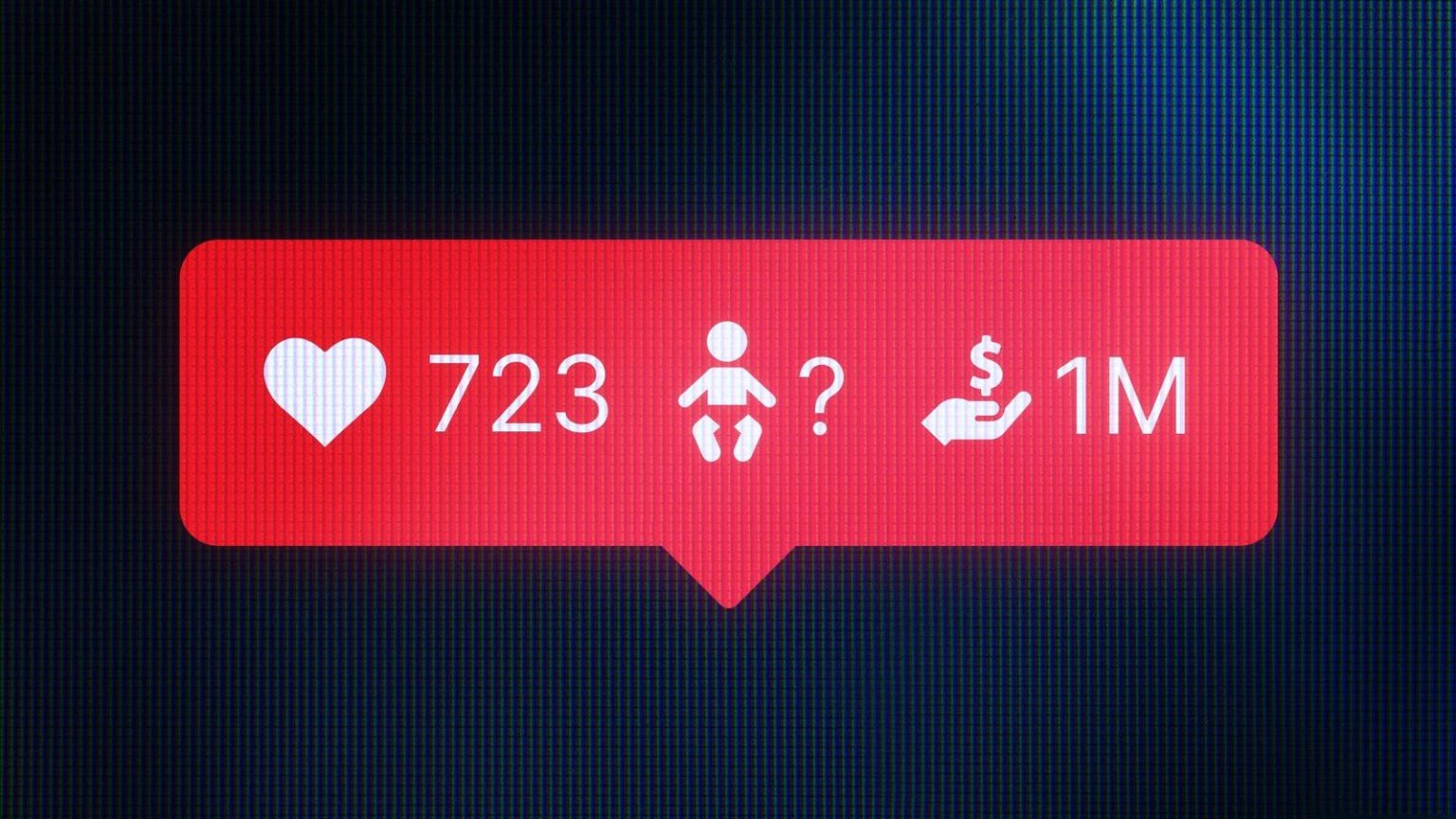Creators on social media platforms like TikTok and Instagram are sharing their deeply personal medical journeys through IVF and egg-freezing, drawing in large audiences and helping to make the costly process more affordable. One such creator, Caitlyn O’Neil, shared her struggles with miscarriages and infertility, documenting her IVF journey on TikTok. With the support and donations from her followers, O’Neil was able to afford multiple rounds of IVF, ultimately leading to the birth of her son after 2.5 years of treatments.
These creators are part of a growing trend where women share their fertility struggles openly on social media, destigmatizing the topic and raising awareness about the challenges many face when trying to conceive. The rise of femtech startups focused on women’s reproductive health, as well as employers offering fertility-related work perks, highlights the increasing interest and investment in the baby-making market. These influencers are leveraging their platforms to drive conversations about fertility care and make it more accessible to a wider audience.
While some critics question the ethics of influencers monetizing their fertility journeys, arguing that they may be exploiting or glorifying women’s painful experiences for financial gain, others see it as a way to empower women and provide a supportive community during a isolating and emotionally taxing process. Creators like Demi Schweers, who have transitioned to content about motherhood after successful IVF treatments, have found a supportive audience and lucrative brand partnerships through sharing their stories.
Fertility clinics are also starting to work with influencers to reach a new generation of patients. While collaborations between clinics and influencers can raise awareness about fertility treatment options, there are concerns about transparency, ethical boundaries, and trust in these relationships. Some influencers have faced exploitation or been asked to promote services they have no experience with, raising questions about the authenticity of their content and the motivations behind their partnerships.
Despite these challenges, creators like Destene Sudduth and Brittney Zirkle continue to share their fertility journeys on social media, normalizing the experience for others and providing a sense of community and support. Sudduth, who is almost nine months pregnant, credits her brand deals and high-paying partnerships with helping to sustain her IVF journey. Zirkle, a former army veteran and neonatal nurse, has documented her IVF journey on TikTok and is now 22 weeks pregnant after years of struggle and loss.
Overall, the trend of creators sharing their fertility journeys on social media highlights the complex intersection of personal experiences, financial pressures, ethical considerations, and the power of social media to bring attention to important health issues. While there are criticisms and challenges associated with these partnerships, the visibility and support provided by these influencers have the potential to make fertility care more accessible and destigmatize the conversation around infertility.













